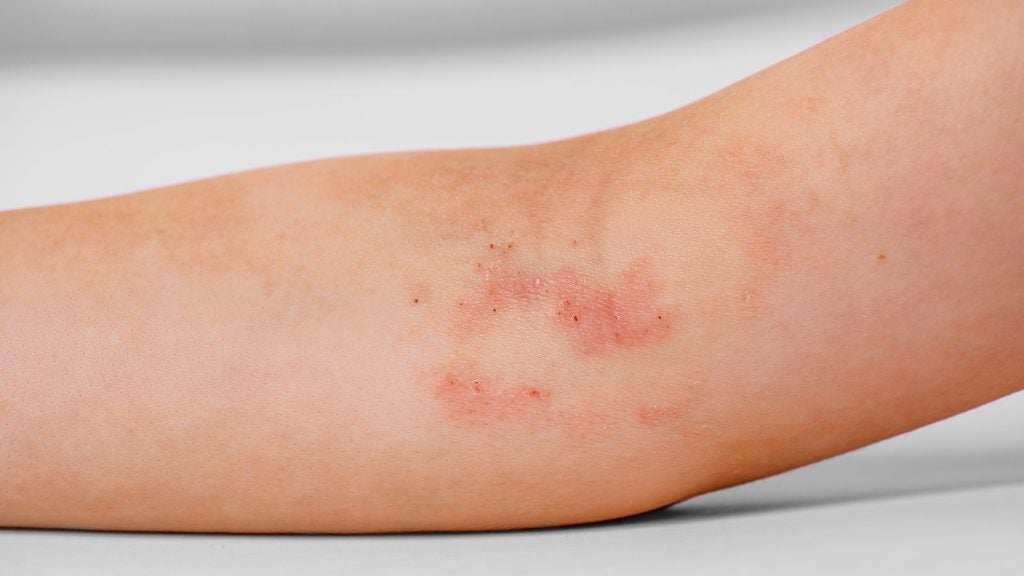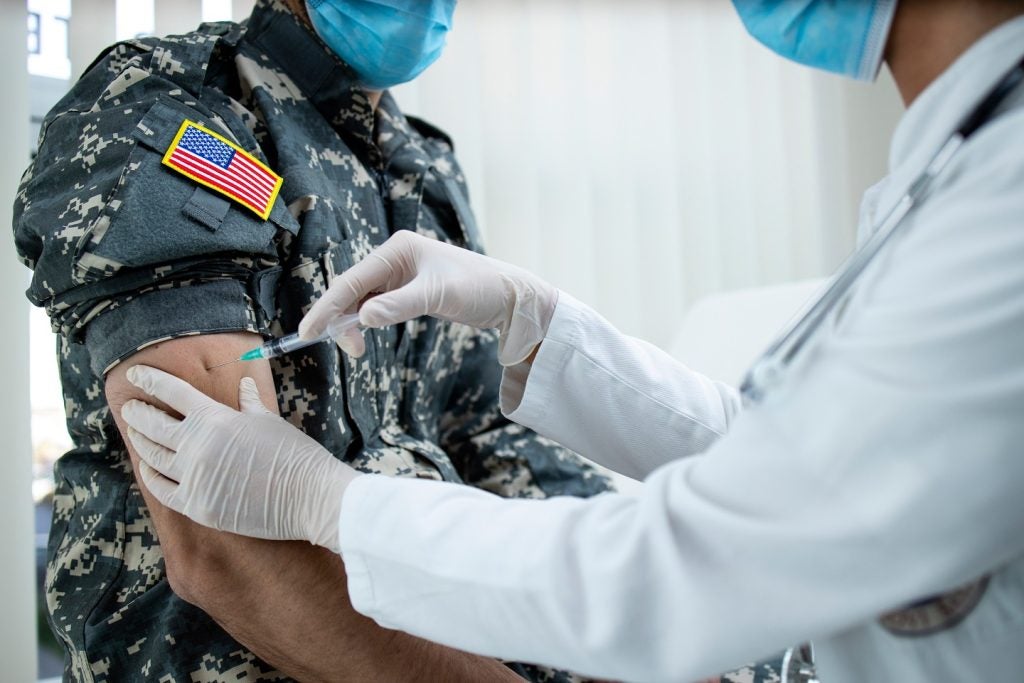The Medicines and Healthcare products Regulatory Agency (MHRA) has approved Santhera’s Agamree (vamorolone) for the treatment of Duchenne muscular dystrophy (DMD), making it the first drug available in the UK approved to treat patients with the neuromuscular disease regardless regardless of the type of mutation they may have.
Agamree, a new type of corticosteroid, is approved for use in DMD patients 4 years of age and older, regardless of the underlying mutation and ambulatory status, according to a 12 January press release.
The UK nod comes after previous approvals by the US Food and Drug Administration (FDA) and European Commission (EC) in October 2023 and December 2023, respectively. While it is approved in the same indication in Europe, patients aged 2 years and older in the US have access to the drug.
Santhera’s chief medical officer Shabir Hasham said the company is planning on making Agamree available in the UK in the second half of 2024. The initial launch in Europe will be in Germany in Q1 2024.
DMD is the most common hereditary neuromuscular disease and is mostly found in boys and men.
Duchenne UK’s chief executive Emily Reuben and DMD charity Joining Jack’s chief executive Alex Johnson said in a joint DMD charity statement: “We are delighted that the first drug designed specifically for everyone with Duchenne has been approved in the UK.”
Santhera’s drug is termed a ‘dissociated steroid’ – meaning it exerts anti-inflammatory and immunosuppressive activity without the usual steroidal side effects. Corticosteroids are the current standard of care in children and adolescent patients with DMD.
PTC Therapeutics’ Translarna (ataluren) is also approved for DMD with a nonsense genetic mutation in the EU. However, the European Medicines Agency’s (EMA) Committee for Medicinal Products for Human Use (CHMP) has recommended not renewing the drug’s marketing authorisation following the reevaluation of available data in September 2023.
Since then, the company has asked for a re-examination of the CHMP’s opinion, which will last until late January 2024, based on a December 2023 press release. The company is also exploring a potential New Drug Application (NDA) resubmission in the US.
In its pivotal VISION-DMD study (NCT03439670), boys treated with Agamree experienced normal bone growth unlike the group receiving the corticosteroid prednisone who experienced growth stunting.
Prednisolone and deflazacort are two of the most prescribed steroids for DMD, according to Duchenne UK. Despite their efficacy, currently prescribed corticosteroids may cause osteoporosis and slow growth in children who use the drugs for a sustained period.
Santhera says Agamree’s data shows neither reduction in bone metabolism nor bone mineralisation in the spine after 48 weeks of treatment. Patients who switched from a standard of care corticosteroid to Agamree recovered growth and bone health whilst maintaining efficacy.
Santhera said the most commonly reported adverse events with Agamree were vomiting, Vitamin D deficiency and cushingoid features. The company said it will continue to investigate the long-term effectiveness and broader safety of Agamree.
Santhera received orphan drug and rare paediatric disease designations for Agamree, meaning the company has seven years of market exclusivity in the US. The company originally licenced the drug from US biotech ReveraGen BioPharma in 2020.
Santhera sold US commercialisation rights for Agamree to Catalyst for up to $231m. In 2022, it also bagged $124m by selling the commercial rights for all indications of the drug in China to Sperogenix.
Santhera has, technically, had previous success with a DMD drug in the UK. Santhera’s Raxone (idebenone), approved to treat a rare eye condition, was permitted by the MHRA through its early access to medicine scheme (EAMS) to treat DMD patients who met certain criteria. In October 2020, the drug’s authorisation was withdrawn following a Phase III trial failure.
















